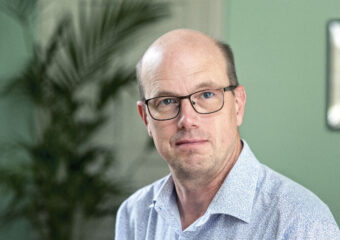Resolution adopted at the meeting of the Nordic unions and professional associations within higher education and research on Iceland in May 2016
Research and higher education are international operations. At both international and national levels, universities are playing an increasingly crucial role in terms of growth, innovation, culture and democracy and, consequently, in terms of future welfare.
The contributions of university teachers and researchers are a prerequisite for sustainable social development. The knowledge that future generations will acquire via higher education requires a well-functioning university world with academic freedom and attractive, competitive terms of employment for everyone working in it. Using the academic daily life as its point of departure, the Nordic trade unions and professional associations have set their sights on the university of the future. Through this resolution, we wish to clarify our position to politicians, policy makers, educational institutions and the general public.
Critical force in society
Academia stands for equal value and rights for everyone. Active, critically-thinking citizens form the foundation of a stable democratic society. Academic knowledge production must be achieved without political, ideological or economic allegiances, and must be based on the principles of academic freedom.
Unlimited search for new knowledge
The principles of academic freedom must permeate both research and education. Consequently, students, researchers and teachers must be free to choose research problems, and publish their results, without fear of reprisal. The university of the future must be characterised by free thought and high levels of quality, consequently teaching and research must be integrated in all contexts. Student contributions to research will be explored via academic discussions with active research faculty and through their active participation in ongoing research.
Education for the future
In an increasingly globalised world with a high degree of mobility between universities, the importance of internationally-accepted knowledge and educational programmes is growing. Knowledge is not the individual student’s property only, it is an investment in our common future so any publicly-funded university education must be free of charge to all students. For universities to be able to educate for the future, education and research policy must be coherent and guarantee long-term financing with a high proportion of fixed allocations.
We urge our governments to establish the preconditions necessary to create research and higher education of the highest international quality.
We demand:
- That doctoral candidates, researchers and teachers be able to freely choose research problems, and to publish their results.
- That individual teachers and researchers be granted autonomy in their professional endeavours.
- That the recruitment of students and staff, salaries and career opportunities be free from discrimination based on e.g. gender, ethnic or socioeconomic background.
- That teachers and researchers’ mobility between academia and society is facilitated.
- That quality of education is secured through quality assurance systems according to European guidelines and through increased funding for education so that all teachers are given time to develop their teaching.
- That teaching is research-based and that teaching and research are integrated.
